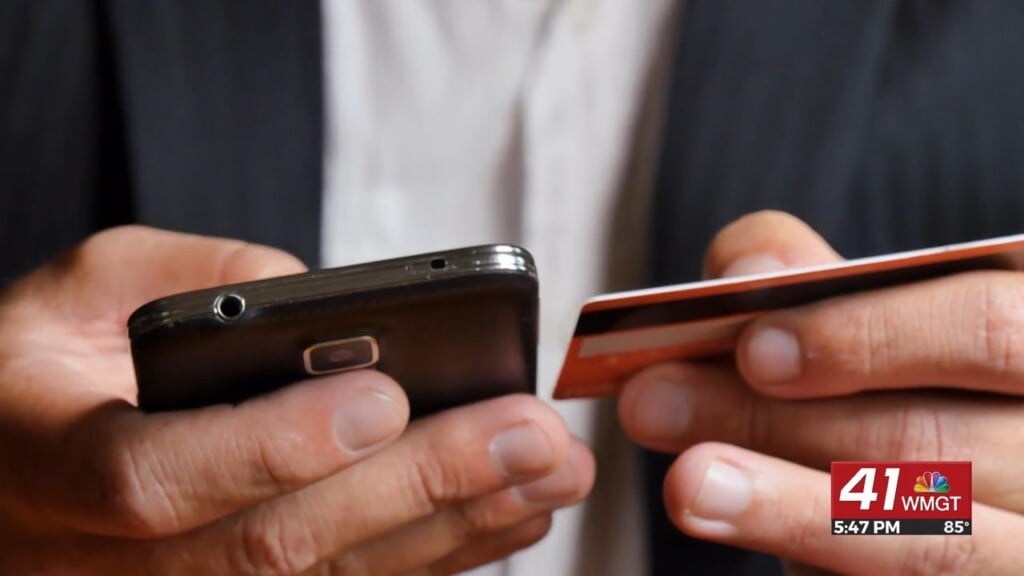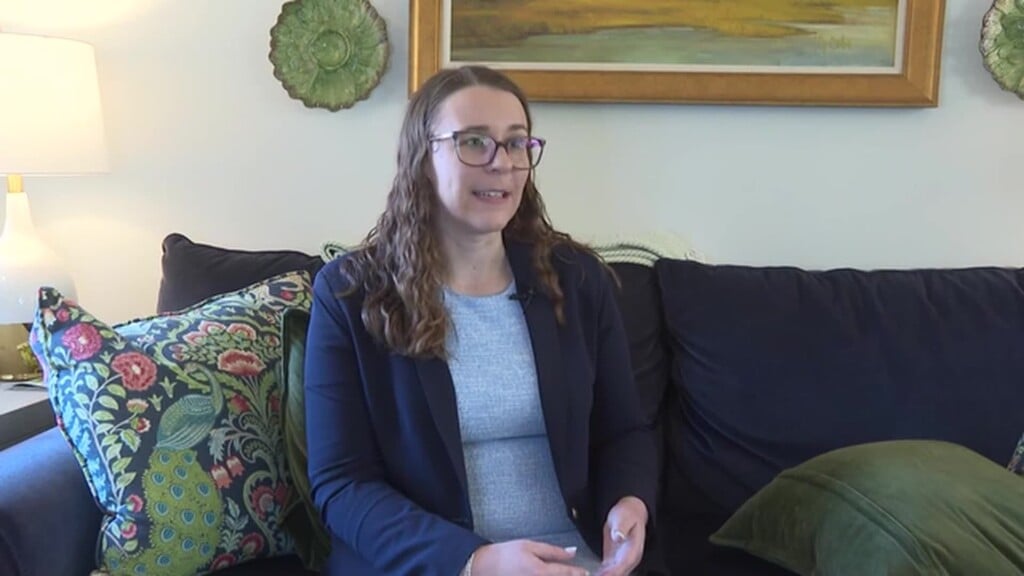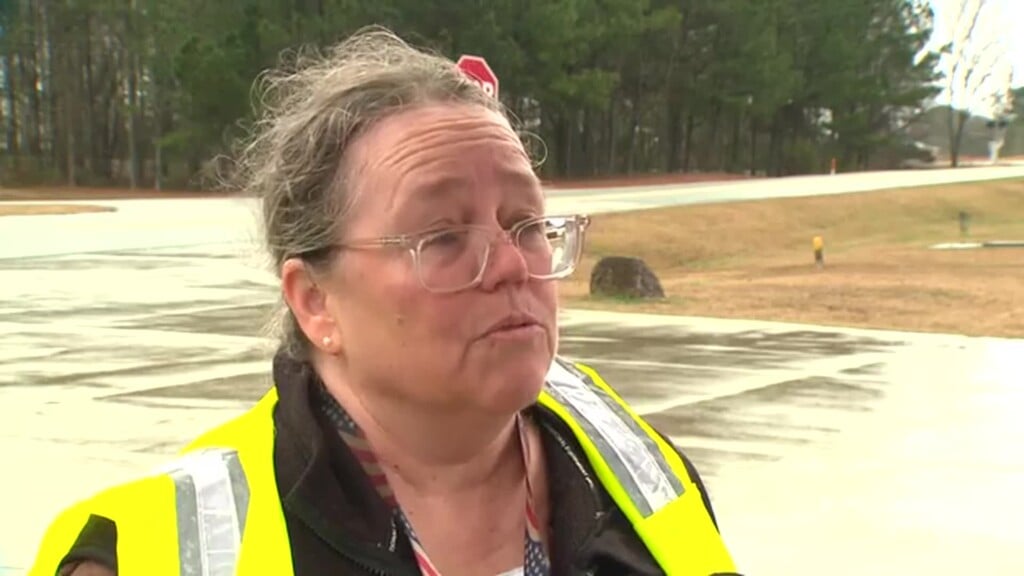Common scams pulling in more money, BBB says
According to the Better Business Bureau, scams pulled in more money from victims in 2024, compared to 2023.

MACON, Georgia (41NBC/WMGT) – According to the Better Business Bureau, scams pulled in more money from victims in 2024, compared to 2023.
The BBB cites data from the Federal Trade Commission, which shows that reports of scams haven’t increased, but people are losing more money to them. In fact, the BBB says that consumers lost a record breaking $12.5 billion to fraud in 2024. That’s a 25% jump from 2023.
Now, The BBB is sharing red flags that could help you spot two common scams.
Cryptocurrency Investment Scams
Watch out for deals that involve little known cryptocurrencies. The organization says it’s important to understand what you’re getting into before buying in. You should also be suspicious of investments that sound too good to be true, guarantee returns, or take some time to pull off.
If someone shares their secret strategy for investing, but doesn’t want you to look into their methods or ask questions, walk away.
Finally, be wary of people you don’t know who suddenly become very friendly or request access to your crypto wallet.
Imposter Scams
Have you ever received a phone call or message from a person who claims to work for the government and says you owe some kind of fee? That’s an imposter scam. Some scammers may even threaten you with an arrest warrant. So, how do make sure it’s not real.
First, don’t click on any links or use any contact information provided by a potential scammer. Look up the agency they claim to work for and contact them directly.
You can also check email extensions to spot scammers. Official government correspondence will usually come from an email address that ends with “.gov” or “.mil”.
According to the BBB, government agencies will not demand any kind of immediate payment, make threats, or ask for your sensitive information via phone, email, or text. If the person contacting you is trying to scare your or create a sense of urgency, that’s a red flag.
If the person you’re talking to asks for an unusual payment method, be suspicious. That includes asking for money through gift cards, crypto, or peer-to-peer payment apps.
Scammers may also impersonate debt collectors or road toll collection agencies.
If you’re targeted by a scam, report the incident to the FBI via ic3.gov and the BBB website.



